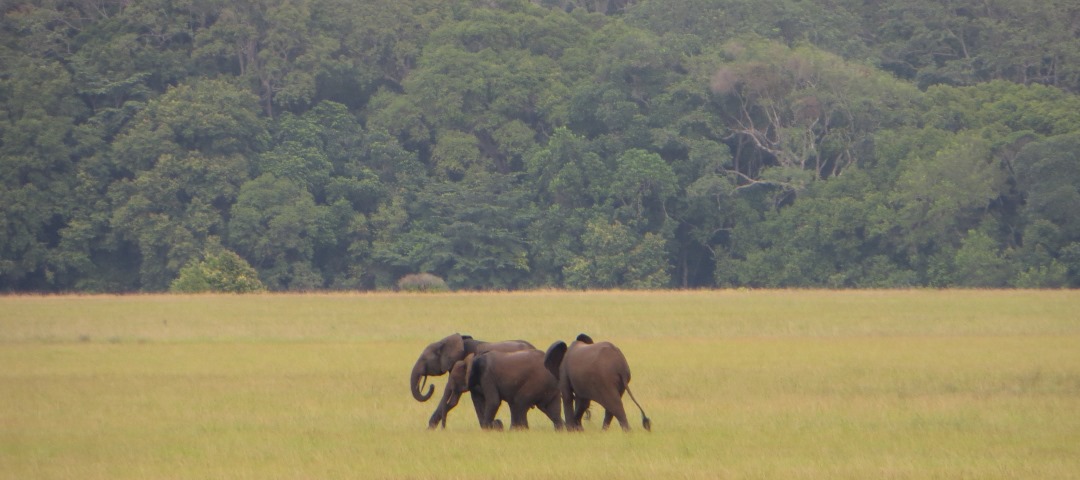What We Do
Wildlife Impact is addressing the essential need for evidence-based evaluation by conducting independent assessments of the conservation, social and wildlife welfare impacts of conservation strategies and projects.
We provide valuable strategic planning tools, capacity development and support systems that organizations and individuals need to evaluate impacts, guide application of best practices, and improve success.
Wildlife Impact conducts applied conservation biology research to determine the impact and effectiveness of conservation actions, and collaborates with NGOs, scientists, governments, and local stakeholders to improve wildlife conservation and wildlife welfare policies and implementation. We help raise public awareness about effective conservation activities and encourage uptake of high impact actions to protect species and habitats.
OUR WORK:
Applied Conservation Biology Research
Wildlife Impact specializes in research and analysis on the evidence-based effectiveness of interventions to protect threatened species. We help decision-makers and stakeholders understand what works where, and how to prioritize investments and actions to improve conservation outcomes for wildlife and habitats.
Monitoring, impact evaluation, and learning
Wildlife Impact conducts evidence-based analysis of projects to improve wildlife conservation and welfare outcomes. We use best practice methods including the Open Standards for Conservation. We help projects build capacity to evaluate and adaptively manage their work.
Capacity Development
We work with NGOs, government, scientists and stakeholders emergency assistance, crisis management and training on habitat protection, addressing human-wildlife conflict, responsible translocation and other conservation actions.
We develop capacity for organizations and individuals via training, mentoring, evaluation and support, and facilitate networking and collaboration among projects, donors, governments and the public.
Conservation policy
Wildlife Impact works to improve wildlife protection policies and implementation. We advocate for implementation of the Convention on the International Trade in Endangered Species of Wild Fauna and Flora (CITES) policies on bushmeat, animal disposition and illegal wildlife trade.
We facilitate meetings to address wildlife crises, and coordinate collaborative action to resolve wildlife conservation and welfare issues. We help projects amplify their voices on conservation and welfare issues internationally and locally through media and public outreach.

